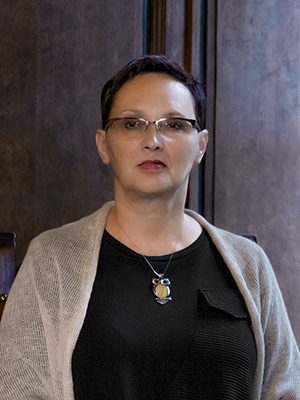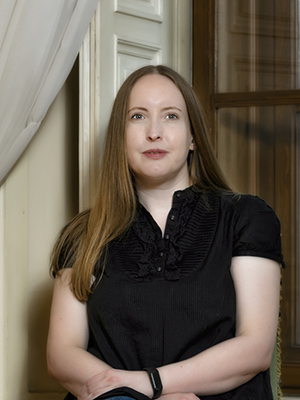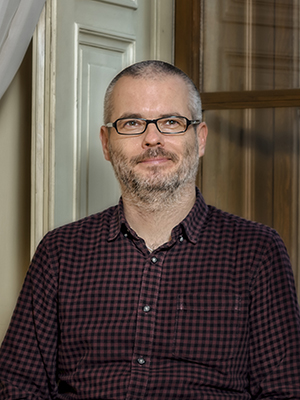Who are we?
We are an interdisciplinary research group from the Ruhr-Universität in Bochum (Germany) and the Jagiellonian University in Krakow (Poland) with backgrounds in sociology, law, linguistics and police science. Our research group is embedded in the the EU Research Project Information Communication Technologies for Community Oriented Policing [ICT4COP]. This project involves numerous researchers from 10 different universities and institutions around Europe. It comprises 11 work packages conducting field research in a total of 11 case countries, spread across Central America, South-Eastern Europe, Africa, and South Asia.
Our aim is to assess and analyze community-oriented policing in different post-conflict societies with a focus on the question of how ICT may contribute to its success. The focus of project is to gain a better understanding of human security in post-conflict settings. The research is interdisciplinary, with a common, overarching qualitative methodology and a strong focus on dissemination and exploitation of research results. This website serves as one of many dissemination efforts.
The challenge
Where conventional, top-down police reforms fail, community-based policing (COP) holds promise – but also entails challenges. Post-conflict societies, although they vary in most respects, have something in common: public institutions including the police are considered weak and untrustworthy. Abuse of police powers, corrupt practices, and impunity are characteristics people often ascribe to their authorities.
This research project sets out to better understand these and interlinked challenges, and to propose new ways of dealing with them. Questions to be addressed include:
-
Could policing in post-conflict societies become a public service and not merely a public authority?
-
Are the police in post-conflict societies accountable to the population, and able to respond to gender- and youth-specific crimes and insecurities?
-
To what degree can information and communications technologies contribute to or detract from improved human security for vulnerable
 |
Prof. Dr. Thomas Feltes MA WP10 and WP5 leader until August 2019 Country focus: Kosovo Ruhr University Bochum Faculty of Law Department of Criminology, Crime Politics and Police Science Scientific background: Law and Educational Science |
|
 |
Prof. Dr. Tobias Singelnstein WP10 and WP5 leader since August 2019 Country focus: Kosovo Ruhr University Bochum Faculty of Law Department of Criminology Scientific background: Criminology and Law |
|
 |
Fabienne Coenders MSc WP10 and WP5 leader-representative Country focus: Kosovo Ruhr University Bochum Faculty of Law Department of Criminology, Crime Politics and Police Science Scientific background: Sociology |
|
 |
Prof. dr. Janina Czapska, MA WP10 member Country focus: Bosnia-Herzegovina and Serbia Jagiellonian University in Kraków Faculty of Law and Administration Department of Sociology of Law Scientific background: Law and Police Science |
|
 |
Katarzyna Struzińska, MA WP10 member and WP6 member Country focus: Bosnia-Herzegovina and Serbia Jagiellonian University in Kraków Faculty of Law and Administration Department of Sociology of Law Scientific background: Law and Linguistics |
|
 |
Tomasz Kwoka, MA WP10 member Country focus: Serbia Jagiellonian University in Kraków Faculty of Philology Institute of Slavonic Studies Scientific background: Linguistics |






